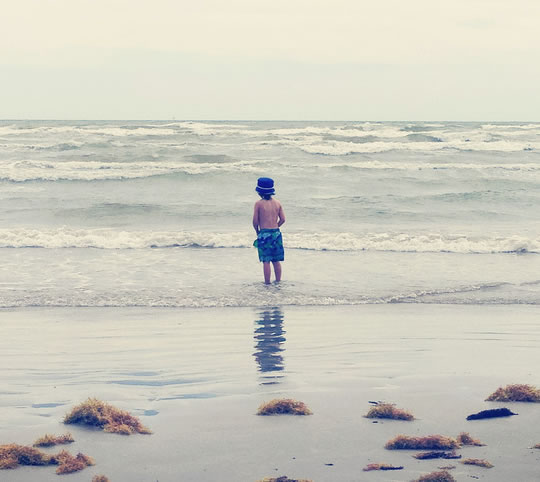The study is one of the few to follow children over a decade.
Spanking can have negative consequences up to 10 years later, new research finds.
The study found that children spanked in infancy had worse behaviour and personalities in their teens.
The study is one of the few to follow children over a decade.
Professor Gustavo Carlo, one of the study’s authors, said:
“Long-term studies on the links among parenting, temperament and children’s social behaviors have been limited, especially among racially diverse, low-income populations.”
The data come from 1,840 mothers and children living below the poverty level.
African-American children were at particular risk.
Those physically disciplined at 15 months were more likely to be delinquent and aggressive in fifth grade.
In European-American children, early spanking was linked to greater negative emotions, such as irritability.
Professor Carlo said:
“Our findings show how parents treat their children at a young age, particularly African-American children significantly impacts their behavior.
It is very important that parents refrain from physical punishment as it can have long-lasting impacts.
If we want to nurture positive behaviors, all parents should teach a child how to regulate their behaviors early.”
The study was published in the journal Developmental Psychology (Streit et al., 2017).

